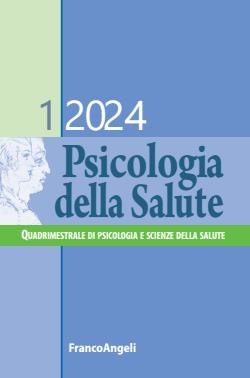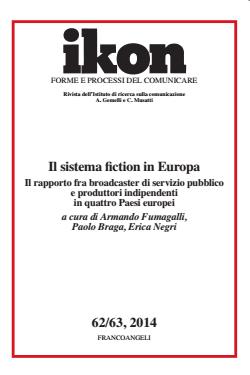
Titolo inglese? - Aim of the study was to investigate the emotional experience in everyday life, considering both the subjective aspect and the physiological components. The subjective experience has been collected by a diary, while the physiological component were measured by a holter. The analysis of the subjective experiences showed that the families of emotion most frequently experienced were: joy, anger, fear and sadness and there was a balance between positive and negative emotions. Furthermore there was a significative relation between specific emotions and specific antecedents, with a prevalence of social antecedent. A multivariate analysis of the subjective and physiological data showed specific patterns for the different emotions and a coherence between subjective response and the physiological component of the sympathetic system.
Parole chiave: emotions, everyday life, psychophysiology, heart rate
Parole chiave: emozioni, vita quotidiana, psicofisiologia, battito cardiaco




